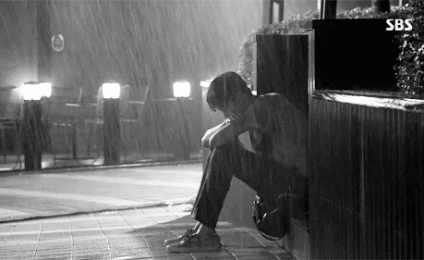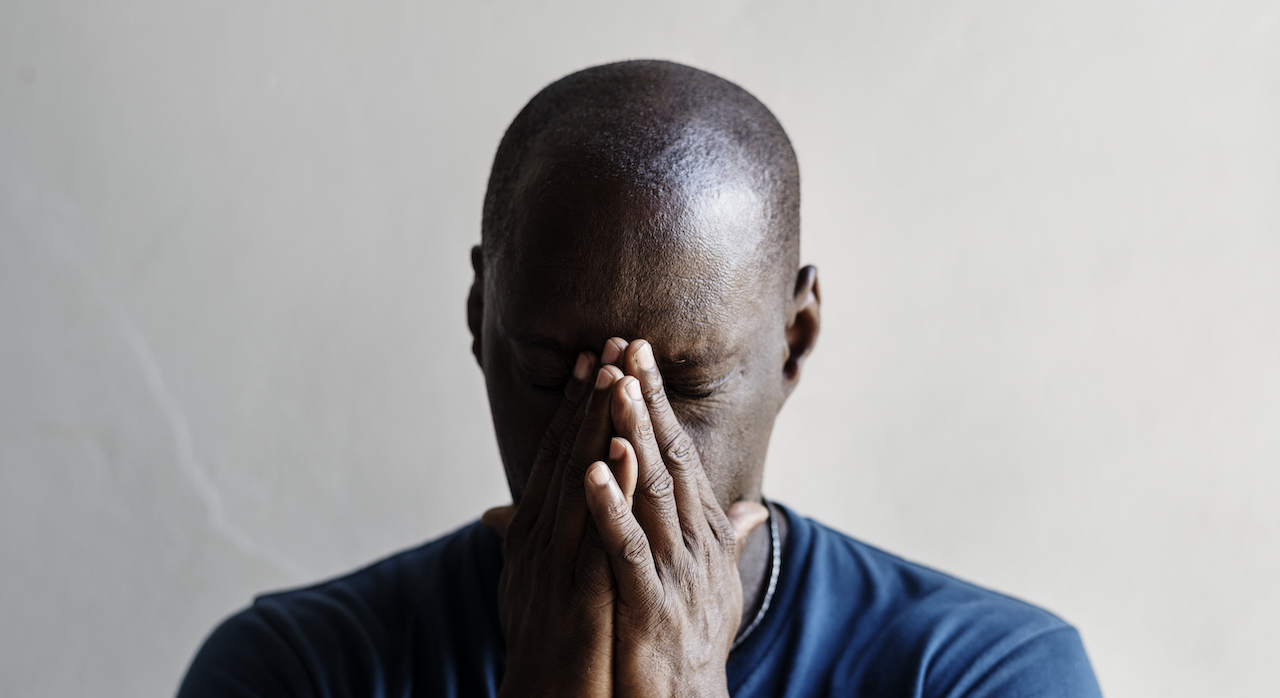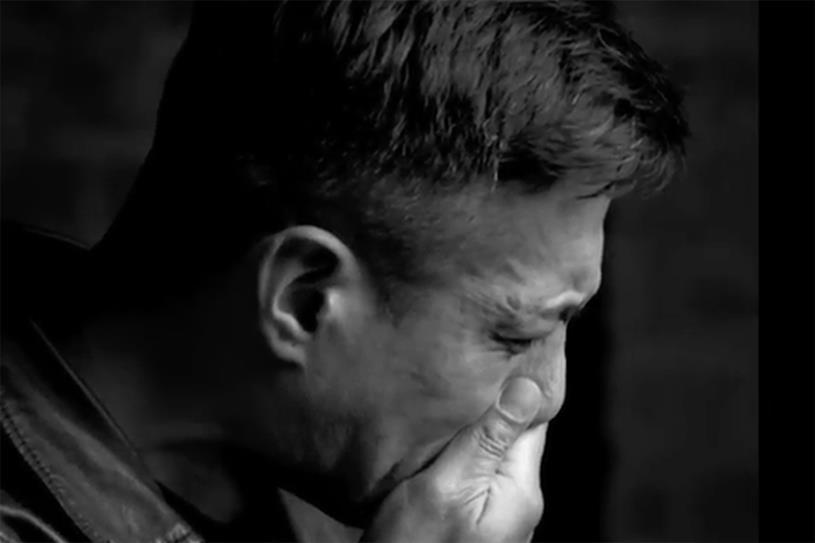It’s a commonly accepted idea that women are the emotional ones in relationships, families, and society at large. But recent findings challenge that long-standing stereotype. A growing body of evidence suggests that men might actually experience deeper emotional reactions than women — they just tend to keep it hidden.
A study carried out by neuroscientists at Mindlab revealed something unexpected: when exposed to emotional triggers, men consistently showed stronger internal responses than women. This wasn’t measured by what they said or how they acted, but by the hard data of their nervous system activity.
In the experiment, researchers had a small group — 15 men and 15 women — sit down and watch a curated set of emotionally charged videos. These videos were designed to provoke clear emotional reactions, and participants were connected to electrodes that tracked subtle bodily responses, including skin conductance (which changes when we react emotionally, even if we don’t express it outwardly).
The Content That Revealed the Hidden Depths of Male Emotion
The videos were broken into four emotional categories: content that was joyful, thrilling, heartwarming, and humorous. What surprised the researchers was how consistently men reacted more intensely across all categories. In heartwarming moments especially, men’s internal reactions were nearly double those of the women participating in the same study.
Here’s where it gets more interesting: after watching the clips, participants were asked to self-report how emotional they felt. The women overwhelmingly stated they were quite emotional — even though their physiological data didn’t fully support that. The men, meanwhile, claimed they weren’t very emotional at all — despite their bodies clearly saying otherwise.
To dig deeper, Mindlab followed up with a separate survey and asked men whether they ever felt more emotional than they let on. A full 67% of them admitted they did. They just didn’t feel comfortable expressing it in public or even among close friends and family.
Now, while this study had its limitations — a small sample size, and participants all being parents — the results line up with what many therapists, counselors, and even couples themselves have observed over time: men feel just as deeply, sometimes more so, but have been taught not to show it.
So why is that? What forces shape this emotional restraint?
Emotional Repression: A Lesson Men Learn Early and Carry Forever
There are surely a few lucky men out there who were raised in environments where emotional honesty was not only allowed but encouraged. Maybe their parents talked openly about feelings, maybe they were taught that vulnerability isn’t weakness. But those men are the exception, not the rule.
The truth is, most boys are raised in a world where emotional expression is discouraged. Even if their home life made space for vulnerability, they likely encountered a broader culture — through school, friends, media, sports, and social norms — that demanded emotional restraint.
Boys are often told to “toughen up,” not to cry, not to complain, and definitely not to show fear or sadness. Over time, this conditioning wires them to see emotions — especially softer ones — as something shameful or unmanly. Sensitivity becomes synonymous with weakness.
But think about that for a moment. Feeling more? Sensing more? Being tuned in to the world, to people, to nuance — isn’t that strength? Isn’t awareness a form of intelligence?
Suppressing emotions doesn’t erase them. It just bottles them up — and over the years, that emotional pressure can lead to internal confusion, disconnection from oneself, and in many cases, serious psychological consequences. Men become adults who are emotionally overwhelmed yet unable to name or express what they feel. That’s not resilience — that’s silent suffering.
The Role of Ego and Pressure in the Emotional Lives of Men
Whether shaped by biology or built through environment (most likely a mix of both), one thing is clear: many men walk through life with a towering ego. That ego isn’t just about pride or arrogance — it’s about expectation. It’s a protective structure that’s been reinforced over years of socialization, competition, and pressure to succeed.
Why do men seem more prone to ego-driven behavior? Part of it is because, traditionally, the world has handed them more tools and more opportunities. They’ve been encouraged to dream bigger, move faster, and rise higher. But that encouragement comes with a price — high expectations and fear of failure.
When you're expected to do more, be more, and win more, your losses sting harder. Your failures aren’t just personal — they feel like public proof that you’re not measuring up. And the higher the ego, the more catastrophic the emotional fallout when things don’t go as planned.
This could be one reason why some men appear more emotionally volatile when they fail, lose control, or are criticized. The emotional reaction isn’t always visible, but it’s definitely there — festering beneath the surface.
In many cases, men aren’t less emotional than women. They’re often carrying more unspoken weight — from dreams they couldn’t reach to internal standards they never felt they met.
Why Emotional Men Often Go Unseen, and Sometimes Unwelcomed
For generations, the cultural script for masculinity has been fairly rigid: men are the protectors, the providers, the rational ones. Emotions? Those were viewed as a feminine domain. Any signs of tenderness, vulnerability, or emotional transparency in men were often met with discomfort, ridicule, or dismissal.
This message wasn’t just implied—it was drilled into boys from a young age. Many were told, both directly and indirectly, that being emotional made them weak or soft. They learned early on that showing sadness, fear, or hurt could lead to rejection—not just from other boys, but sometimes from their own families.
What’s tragic is that these emotional barriers later become the exact thing that isolates men in their adult lives. They’re expected to be emotionally available partners, fathers, and friends—but without ever having learned how. And when they do try to open up, they’re often met with mixed reactions. Some women interpret it as refreshing and intimate. Others, however, may view it as unsettling or unfamiliar, especially if they’ve also been raised within the same emotional expectations.
It’s ironic: men have long been accused of being emotionally disconnected, yet often, they’ve simply been emotionally repressed. That repression becomes a wall—a self-defense mechanism that’s mistaken for indifference.
When Gender Expectations Clash, Nobody Wins
Here’s where things get even more tangled. If you grew up as a boy, you were probably taught that real men don’t cry, don’t whine, and don’t need comfort. Meanwhile, if you grew up as a girl, you might have been told the opposite—that emotions were part of who you were, something to be embraced and expressed.
So what happens when those two people grow up and try to build a relationship together?
Often, misunderstanding. Men may judge women as “too emotional” because of the very conditioning they received. Women may feel resentful that men don’t seem to engage emotionally—because they were never taught how to interpret male emotional expression when it’s subtle, muted, or masked behind silence.
This cultural clash can lead to frustration on both sides: men feeling unheard and unappreciated for the emotions they do experience, and women feeling dismissed or emotionally unsupported. And the resentment can go both ways.
Even the way children play reflects this divide. Traditionally, girls were given baby dolls and encouraged to “nurture” and imagine family roles. Boys, on the other hand, were encouraged to compete, conquer, and suppress vulnerability. Wrestling, racing, and now, virtual warfare through video games—it’s all wired into a reward system that celebrates dominance and emotional detachment.
But that old blueprint has started to crack.
Modern Shifts: The Slow Collapse of Old Masculine Norms
We’ve now entered an era where gender roles aren’t as ironclad. Cultural shifts—fueled by younger generations, social change, and evolving conversations about identity—have begun to tear down the walls that kept men emotionally disconnected for so long.
Today, more men are finding the courage to acknowledge what they feel. They’re expressing sadness, confusion, longing, anxiety—not just privately, but publicly. Emotional language is no longer seen as a liability. Vulnerability is being rebranded as strength, not weakness.
At the same time, many women are stepping into roles that demand independence, stoicism, and resilience—traits once reserved for men. As gender norms shift, the emotional dynamics are rebalancing too. Women are becoming more emotionally guarded, while men are becoming more emotionally open. The lines are blurring, and that’s not a bad thing.
As we move toward more honest emotional equality, the goal isn't for men to become emotional carbon copies of women or vice versa. It’s to create space where everyone, regardless of gender, can feel safe expressing what’s real—without fear of ridicule, rejection, or having their feelings dismissed.
And if we ever do reach that balance—where people express without posturing or pretending—maybe we’ll finally stop arguing about who’s more emotional, and start talking about how to understand each other better.



























